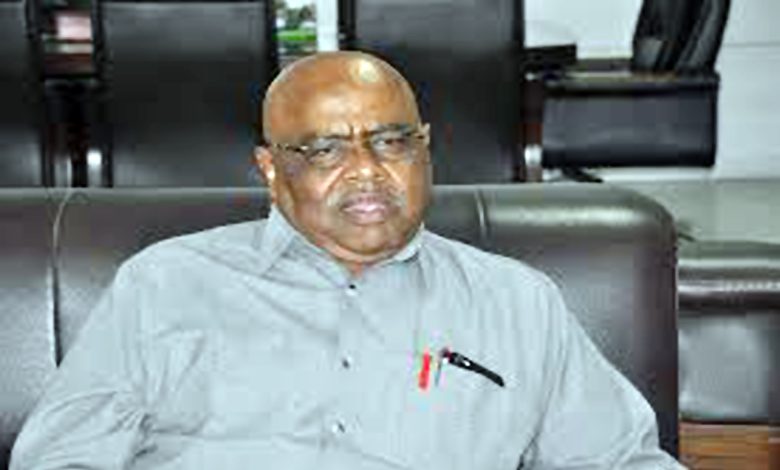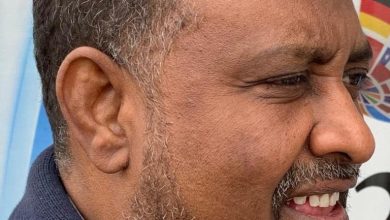
By: Abdulazim Awad
At a time when preparations for the Sudanese Certificate Exams have been completed after an entire academic year of disruption, our neighboring country, Chad, surprises us with a decision to ban these exams on its soil. This decision is expected to cause severe harm to approximately 13,000 students sitting for the exams in N’Djamena, according to the estimates of the Ministry of Education.
It is true that there are deep disputes between Sudan and Chad due to Chad’s support for the current unjust aggression against Sudan, which has escalated to verbal clashes between officials of the two countries. However, in this situation, the prudent course of action for N’Djamena would be to handle the matter wisely and avoid conflating issues so as not to harm the students, who have already suffered the loss of an academic year.
Sudanese-Chadian relations are deeply rooted in the history of the two nations. The borders drawn by colonial powers were merely lines on a map and have never hindered the social, ethnic, and cultural interconnection between the two countries. Most of the large tribal groups are intertwined across the borders, making it difficult to distinguish between Chadians and Sudanese. Thus, it is certain that a significant number of these students are part of this interwoven social fabric.
In light of this, it is essential to remind officials in Chad—without boasting—of the thousands of Chadians who have graduated from Sudanese universities and schools in various fields of knowledge and science. They were treated without discrimination, especially regarding tuition fees. In fact, a university like the International University of Africa gives you the impression of being a Chadian university due to the large number of Chadian students. Furthermore, Sudanese professors have contributed to teaching Chadian students in schools and institutes in N’Djamena and other cities for many years, such as Professor Abdullah Hamdanallah and Dr. Abdelqader Salem, among many others.
Now that only a few days remain before the exams commence, we hope that our brothers in the Chadian government will reconsider their decision and allow Sudanese students to sit for the exams they and their families have been preparing for since last year. They must remember that the current political disputes are temporary and will eventually fade away. Moreover, Khartoum holds significant influence over developments in Chad—not as a threat, but as a reality that Mohamed Déby knows well, having lived among us with his late father, Idriss Déby, before they returned to Chad as rulers.



